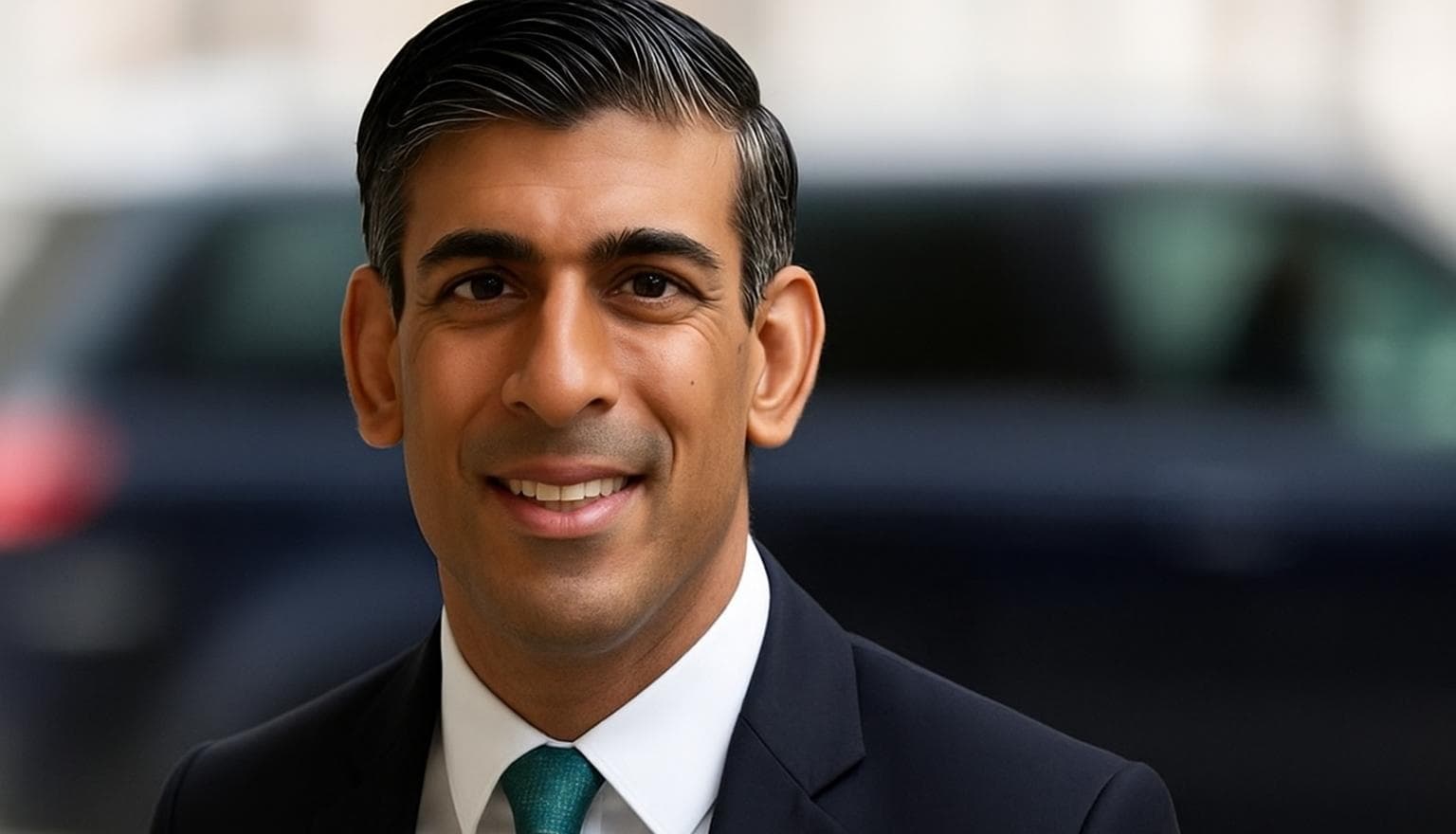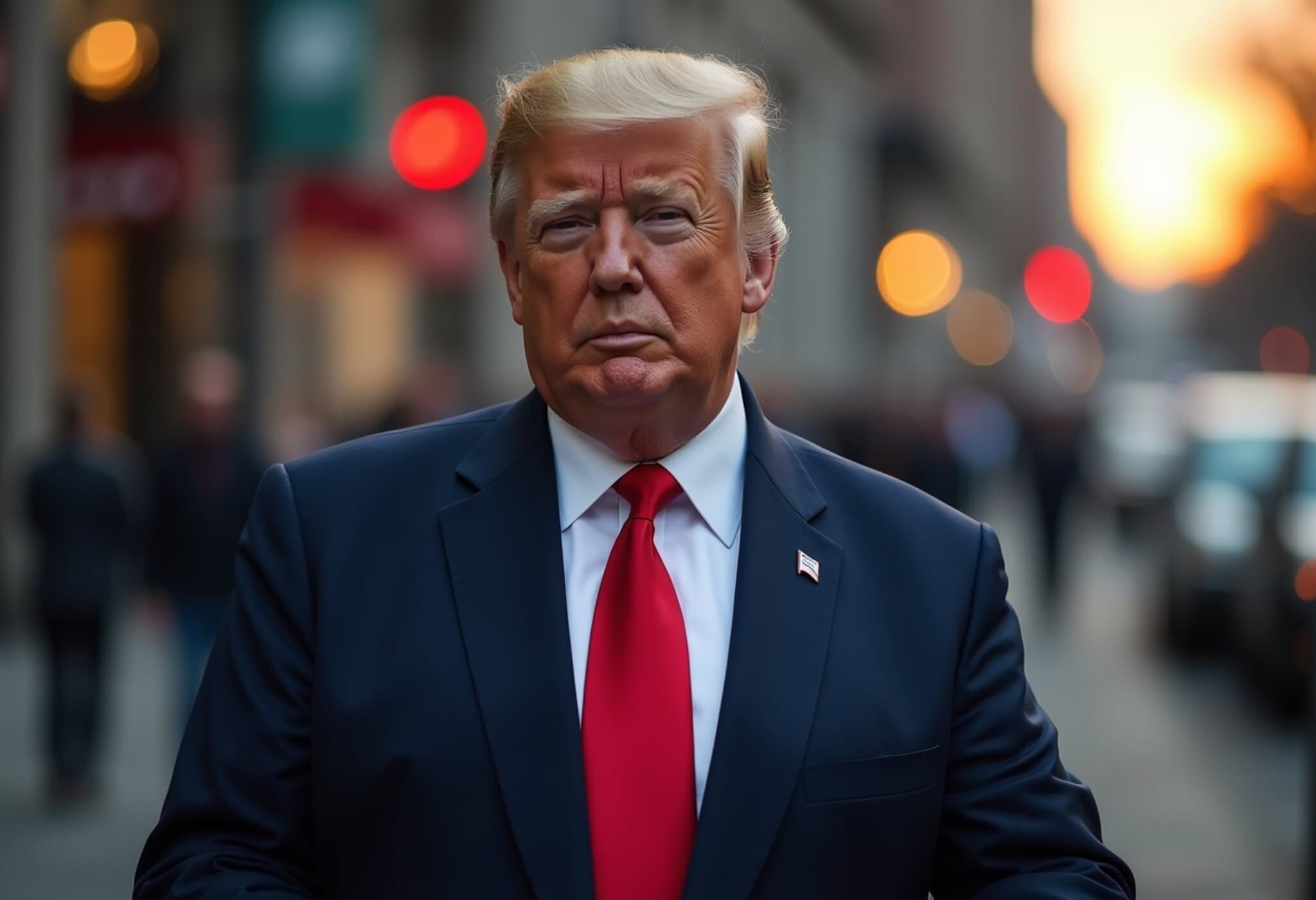Jane Street Sets to Contest India’s Market Manipulation Ban
In a move that has sent ripples through financial circles, the U.S.-based high-frequency trading powerhouse Jane Street has announced its intention to legally contest a recent ban imposed by the Securities and Exchange Board of India (SEBI). The ban accuses Jane Street of engaging in market manipulation through its activities in India’s burgeoning derivatives market.
The trading firm, known for sophisticated arbitrage strategies, dismissed SEBI's allegations as "extremely inflammatory," emphasizing that its operations involved what it described as fundamental and widely accepted index arbitrage trading techniques—critical activities in ensuring market price alignment across cash and futures instruments.
The Crux of SEBI’s Allegations
On July 4, SEBI took the extraordinary step of barring Jane Street from participating in the Indian securities market, simultaneously freezing nearly $567 million of the firm’s assets. The regulator alleges that Jane Street artificially propped up the Bank Nifty index components during early trading hours by purchasing large amounts in both cash and futures markets, while simultaneously shorting index options that were either exercised or allowed to lapse later the same day.
This dual strategy, SEBI argues, created a misleading impression of price support to the detriment of other market players, particularly retail investors who have rapidly expanded their presence in India’s derivatives space. The investigation, tracking trading patterns over two years, has reportedly been extended to other indices and exchanges as the regulator intensifies its scrutiny.
Context: Unprecedented Growth and Rising Scrutiny in India’s Derivatives Market
India’s derivatives market has witnessed explosive growth, now commanding around 60% of global equity derivative volumes as of May 2025, driven substantially by a surge in retail participation. While this democratization of market access signals financial inclusion progress, it has also manifested in considerable losses—retail traders collectively lost over 1 trillion Indian rupees ($12.4 billion) in the fiscal year ending March 2025.
The scale and frequency of these losses have heightened regulatory vigilance, with SEBI chairman Tuhin Kanta Pandey affirming enhanced surveillance measures to detect and curb manipulation. However, he cautiously noted that the Jane Street case might be an outlier rather than the norm within India’s ecosystem.
Jane Street’s Response and Legal Strategy
Internal communications obtained reveal Jane Street’s frustration over SEBI’s stance, highlighting multiple engagements between the firm’s executives and Indian regulators and exchanges to address concerns. The firm insists it made trading modifications reflecting mutual understandings reached during discussions, but since February, efforts to engage SEBI have been met with resistance.
Sources close to the matter indicate Jane Street is currently consulting Indian law firms as it gears up to challenge the ban and asset seizure; however, no legal counsel has yet been officially retained. An appeal to the Securities Appellate Tribunal appears to be the anticipated next procedural step.
Implications for Global HFT Firms in India
Jane Street’s predicament underscores the complex landscape high-frequency trading (HFT) firms face in emerging markets with rapidly evolving regulatory frameworks. Other prominent global players like Citadel Securities, IMC Trading, Millennium, and Optiver also operate within India, navigating this dynamic ecosystem where regulatory scrutiny is intensifying amid rising public concern about market fairness and investor protection.
This episode raises critical questions about how regulators balance fostering liquidity and innovation against policing potentially manipulative trading practices—especially in markets marked by sharp inflows of less-experienced retail investors.
Looking Ahead: Regulatory Evolution and Market Integrity
The Jane Street case may become a bellwether for future regulatory approaches in India’s capital markets, emphasizing the need for transparent dialogue between market participants and regulators. It also highlights the delicate tightrope that liquidity providers and arbitrageurs walk in maintaining market stability without inadvertently triggering regulatory alarms.
As the sector contemplates the ramifications, industry experts suggest this could catalyze clearer guidelines on algorithmic and arbitrage trading practices, fostering a more predictable environment for both domestic and foreign market participants.
Editor’s Note
Jane Street’s confrontation with SEBI is more than a legal dispute; it epitomizes the evolving challenges in regulating modern financial markets where technology and market access rapidly transform trading behaviors. It prompts reflection on key questions: How can regulators effectively distinguish harmful manipulation from legitimate market-making? What safeguards are necessary to protect retail investors without stifling innovation? And how will foreign trading firms adapt to the growing scrutiny in fast-developing markets like India?
These developments warrant close attention from policymakers, financial institutions, and investors alike as they navigate an increasingly complex global trading environment.











